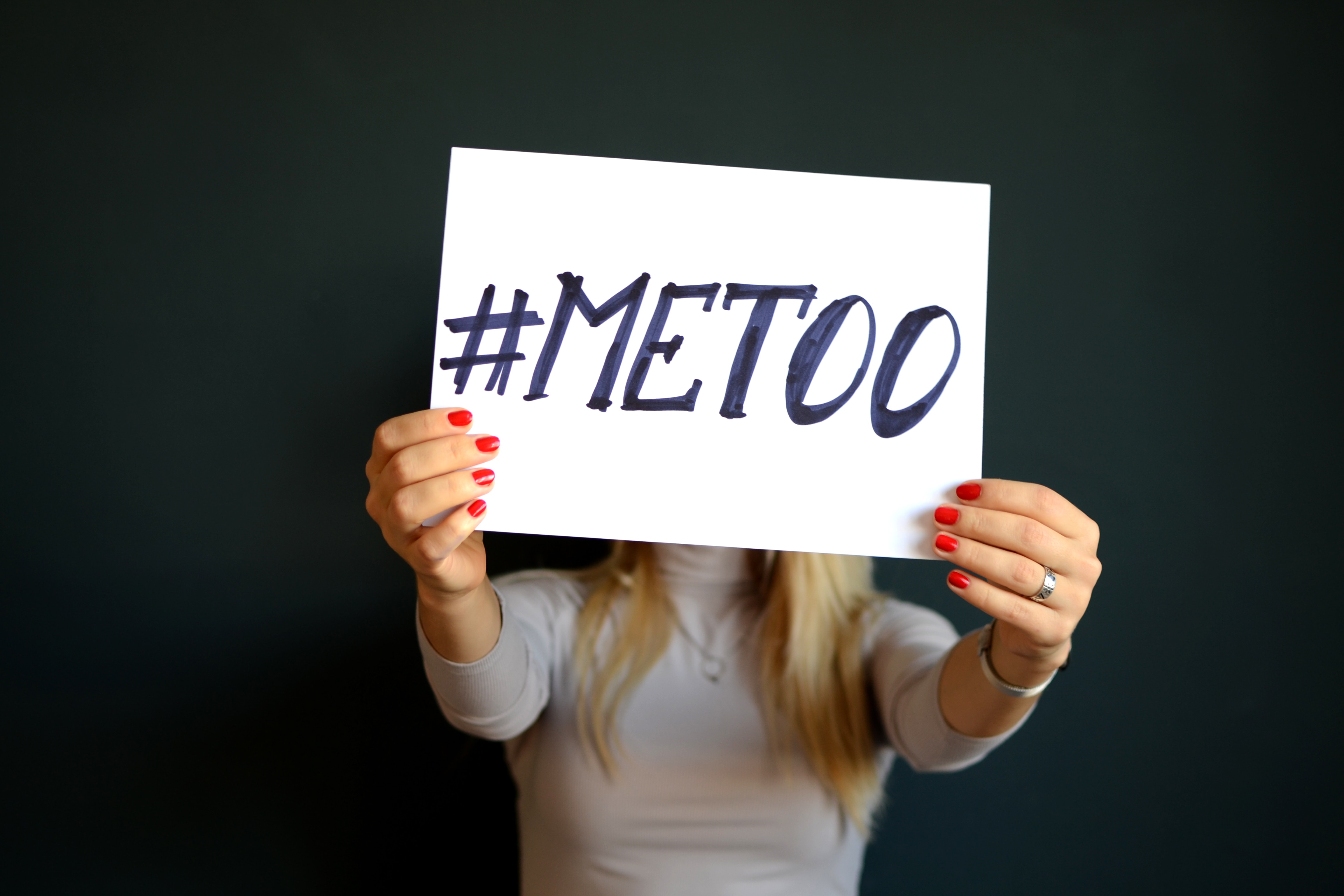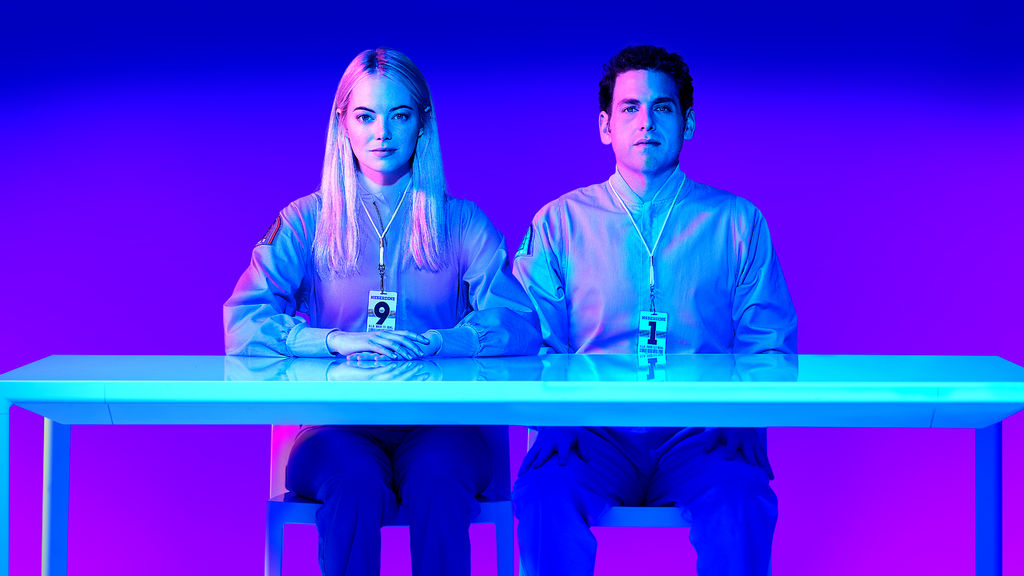Me Too: Two Years On
Two years ago, nineteen-year-old me hoped to escape the fall chill by stopping in at Just Us Café. The date was October 5, 2019. I was thinking about assignments, getting enough sleep, and I was also excited to visit Toronto for the Thanksgiving long weekend. My attitude that day, you could say, was unconcerned overall. By the end of the day, I, like many women and girls, would be numb, reading the New York Timesarticle by journalists Megan Twohey and Jodi Kantor that dropped with a bangthat still resonates.
“Harvey Weinstein Paid Off Sexual Harassment Accusers for Decades”, said the bold, black lettering. No sugar coating, no avoidance. No room for doubt.
Yet doubt, people did. At least, until the following events seemed to trip over themselves.
Five days later, NBC News Correspondent Ronan Farrow, son of Mia Farrow and Woody Allen, published a story stating that Harvey Weinstein had assaulted thirteen women, and raped three. NBC news allegedly attempted to table the story multiple times after Weinstein allegedly threatened to reveal the sexual misdemeanors of Matt Lauer if they did not stop Farrow. The New Yorkerpublished a recording in which Weinstein admits to groping a model.
The story continued to snowball. It then came out that a year earlier, knowing that Farrow, Twohey and Kantor were looking into his past, Weinstein hired a private firm to follow and spy on the three, as well as some of his victims. His response to the Timesstory seemed to downplay the accusations, claiming that he was trying to learn and grow from them. His consulting lawyer, the famed Lisa Bloom, described him as “an old dinosaur learning new tricks”.
On October 8th, the Weinstein Company dismissed Harvey Weinstein. Apple and Amazon ended any and all relations with TWC. Weinstein’s wife, Georgina Chapman, announced her divorce from him. France rescinded an honor he had received from them. Harvard University rescinded an honorary degree. His lawyer, Lisa Bloom, decided not to continue working with him. The Los Angeles Police Department, the New York Police Department, and the London Metropolitan Police Service began investigating the claims on a criminal level. That brings us to now.
In May 2018, Harvey Weinstein was charged in New York with rape, criminal sex act, sex abuse and sexual misconduct for incidents involving two separate women. A charge for predatory sexual assault was later added. On January 6th, 2020, his trial will begin. He has repeatedly tried to have the case dismissed or moved and is said to be planning to plead not guilty.
Today, the list of Weinstein’s accusers is well over eighty names long. It includes names like Rose McGowan, Gwenyth Paltrow, Angelina Jolie, Ashley Judd, Uma Thurman and Kate Beckinsale. The story inspired other victims of other perpetrators to come forward. Perhaps the two most famous cases that emerged from this were Kevin Spacey’s, who was fired from his hit Netflix show House of Cards, and was replaced by Christopher Plummer in a film, and Dr. Larry Nassar. Last year, Dr. Nassar was sentenced to 125 years in prison for assaulting 250 young women and girls while a doctor at USA Gymnastics. Famously, Judge Aquilina, the trial judge, stated that she did not believe Dr. Nassar was truly sorry, or that he regretted what he had done. “I’ve just signed your death warrant.” She stated, upon the conclusion of the sentencing. He was later injured when he was attacked by other prisoners.
The fallout from the never-ending revelations about Jeffrey Epstein also continues. Epstein died by suicide in a New York State prison before his trial could begin. After a BBC interview in which he was deemed insensitive to the victims, Prince Andrew, a former friend of Epstein’s, was reportedly asked by Queen Elizabeth of the UK to step down from his royal (read: public) duties amid the backlash to the interview. The prince has also been accused of raping underage girls procured for him by Epstein, who was rumored to blackmail powerful figures in this way by filming them in the act. The investigation surrounding Epstein’s death also continues, following a report by a New York City coroner stating that the autopsy produced results consistent with suicide. President Donald Trump, who is also no stranger to accusations of this nature, continues to intermittently tweet that he believes Epstein died as a result of a plot by Hillary and Bill Clinton.
So, here we are, two years later. The Me Too movement has lost some prominence in the media, but undoubtedly will gain attention again when Harvey Weinstein’s trial begins. With this in mind, I spoke to several anonymous students, from both at or away from Acadia University, to ask them how they felt about it. Here is what they had to say:
“My views on the Me Too movement are conflicted. For me I want to immediately believe the women/men who are victims, but we are so quick to judge. The whole notion of innocent till proven guilty is completely forgotten and even if your name has been cleared, you [the accused] are still seen as a pariah and deviant in the eyes of the public. I sympathize with the victim, but I think that if we always assume someone is guilty, it provides opportunities for abusing the system and making false claims seem true, which not only harm the accused but also makes other victims stories less valued. I also think that the Me Too movement is not just about women, but about all victims of sexual harassment and violence. Male sexual assault survivors are not taken as seriously nor given the full support that other victims receive. As a male sexual assault survivor myself, I want all victims to be fully heard, supported, and I want it to be innocent until proven guilty. No means no!” -A male student
“The Me Too movement is a step in the right direction to bringing awareness to sexual violence and harrassment, especially in the workplace. This movement has brought many women together in a search for justice against their attackers. I support this movement because of the support system that it gives survivors. The only problem I can see with this movement is the negative outlook that businesses have towards the movement and those who come forward. The fact that some businesses are afraid of members of their organization speaking out against sexual violence in their organization shows that upper management cares more about the reputation of the company than the wellbeing of the members of the organization. In the future I hope that the Me Too movement can be seen as an opportunity to bring support and justice to survivors rather than a threat towards profitability.” -A female student
So. It’s now 2020. Jury selection has begun in the trial of Harvey Weinstein, and controversially, on the day that it began, he was charged in Los Angeles for various sex-related offences. As for the man himself, he arrived at the courthouse in New York using a walker, and was admonished by the judge for texting during court proceedings.
As the headlines passed before me in the leadup to the trial, I found myself wondering what the catalysts for this event thought of the whole ordeal. Interestingly, when I asked Jodi Kantor where she would like to see the Me Too movement go, she had no interest in predicting what will come next: “Your question is a good one because it touches on something many people don’t understand. We are reporters, not activists. So it’s really outside the boundaries of my job to say where the movement should go. But I can say is that we can’t solve a problem we can’t see, and our hope is to help people see this and other problems as clearly as possible.”
Ms. Kantor’s comment is a stark contrast to the way the public seems divided now. I talked to many who initially believed that the trial would not come to fruition at all, with some saying that Weinstein holds too much power and money to be held accountable. A couple people stated that Weinstein would simply pay off his victims and that would be that. Some said it would blow over in a year, that he would be right back in his position and it wouldn’t matter anymore. Others failed to believe any of the accusations to begin with. Some took the opposing side, saying that Weinstein was done, finished, as a public figure, and that he would never be able to live this down.
Through all the noise, though, one thing has become clear: this is not going to go away, no matter the efforts of those who seek to silence accusers and reporters who put their jobs and lives on the line to come forward. The movement, however flawed it may be in some respects, surges forward.
Here is a breakdown of the upcoming trial: https://www.cbc.ca/news/harvey-weinstein-sexual-assault-trial-metoo-1.5416145
Here is the original New York Times article by Jodi Kantor and Megan Twohey: https://www.nytimes.com/2017/10/05/us/harvey-weinstein-harassment-allegations.html
Here is Ronan Farrow’s original article in The New Yorker: https://www.newyorker.com/news/news-desk/from-aggressive-overtures-to-sexual-assault-harvey-weinsteins-accusers-tell-their-stories?verso=true
Here is the Chicago Tribune’s timeline of events in the Me Too movement thus far: https://www.chicagotribune.com/lifestyles/ct-me-too-timeline-20171208-htmlstory.html




